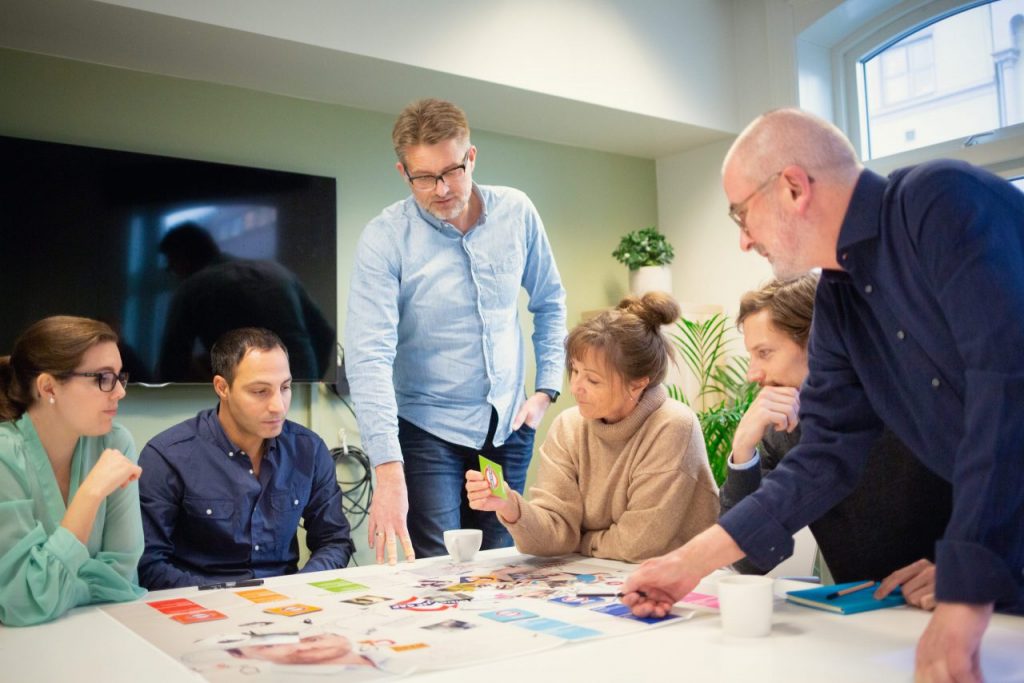Tips for good process management
“My goal for today is for everyone to be able to go home and say to themselves: Today was a good day at work.” This is how Process Manager Lasse Hamre starts most of the processes he leads. What does he put into it and how does he go about delivering on that goal?
When you have been able to express what you have in mind, understand what is happening and feel that your contribution matters, then you have had a good day at work. Process management is about planning and leading a group towards a rewarding result. Here we share some advice on process management that can help create good working days for your business.
1. Exploit the potential of the organisation’s tacit knowledge
Challenges should be met with knowledge. With process management, you mobilise the knowledge the company already has. The challenge is that much of it is tacit knowledge, or implicit knowledge – knowledge that the organisation has acquired over several years of experience. Tacit knowledge can’t be easily or immediately expressed in words, but lies in the DNA of organisations and is expressed through the way things are done.
Being able to ride a bike is an example of tacit knowledge. You learn it by trial and error and with the safe support of an adult. Once you have found the balance point and stay on the bike, you can cycle. But can you effectively explain in words or writing how to do it? It’s tricky.
Through process management, we put the organisation’s collective tacit knowledge into words, and use it actively in development and change work.
2. Utilise the resources in the group, create security and go deep
An organisation is a big work group, and an effective way to develop the organisation is through group work. The most effective groups are safe and open. They share, support and listen to each other. It’s been said that “you can’t go further than the group is willing to go,” so that’s why we focus on creating a feeling of safety and security.
When the group is safe, it is also willing to go deeper. Right down into the organisation’s basic assumptions, prejudices, and other things that aren’t normally talked about or brought to light. This is usually where the real potential for change lies.
Our process management is based on action methodology that builds upon professionally based principles. Instead of talking about it, we do it. We experiment with the problem, test it from new perspectives and different roles. In this way, we gain access to the group’s collective tacit knowledge and can discover conditions that people have been largely unaware of. Then, when we can relate to how the organisation really is, we understand something new about ourselves, and get the opportunity to change.
3. Vary your activities and use technology
Surprise employees with new ways of working. Use and put together known methods in new and challenging ways. This helps to keep the process relevant and provides a good foundation for employees to be able to continue to develop and be engaged.
Digital tools allow for broader involvement. There are a number of existing tools you can use, like chat, polls, contests or video conferencing. Throw yourself into it. There is plenty of room for creativity here.
Process management is a core competence at Task. We use our expertise in process management, among other things, when we develop our solutions such as a new e-learning course or help our customers in their change processes. Last but not least, we train managers, competence developers, HR consultants – in short, everyone who works with people and processes – in process management. Contact Lasse Hamre to hear more about what this might look like for you.



